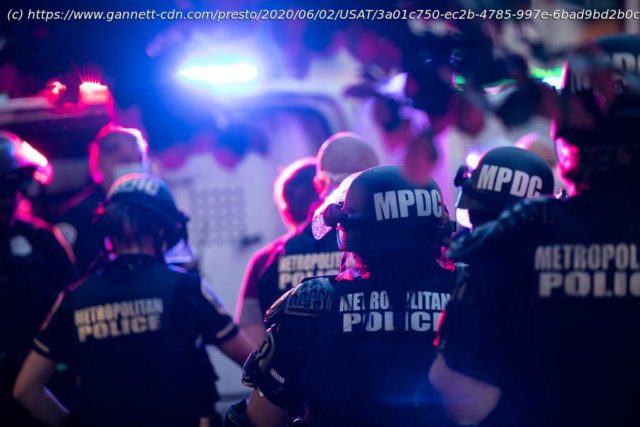Protests and riots have erupted in Minnesota and across the country since George Floyd’s death. The officer who killed Floyd has been fired and charged, but …
Protests and riots have erupted in Minnesota and across the country since George Floyd’s death. The officer who killed Floyd has been fired and charged, but protesters demand institutional changes. Reform advocates have proposed repealing barriers to accountability for problem officers, such as qualified immunity and law enforcement officer bill of rights, and scaling back police militarization.
These measures are integral pieces of a larger reform framework, but they have proven frustratingly difficult thanks to stiff resistance from law enforcement interest groups. One way to circumvent this obstacle is to repeal or reform our nation’s many criminal laws.
the expanding number of laws that criminalize benign behaviors— is a significant but overlooked factor in the death of George Floyd and ought to be a priority for police reformers across the country. Floyd was killed over a low-level forgery arrest, Eric Garner over selling loose, untaxed cigarettes. A California sheriff’s deputy subdued and repeatedly struck an unarmed teenager half his size over an illegal cigarillo. Sandra Bland hung herself in a jail cell after an arrest for a traffic violation.
The common thread in all of these examples is an interaction over a minor offense that spiraled out of control. To take overcriminalization seriously requires us to pause and question whether any proposed or existing law with criminal penalties attached to it is worth it. It should force us to ask: Is this law worth killing to enforce?
Opponents of overcriminalization often point to examples of arrests and prosecutions for absurd “crimes” like feeding homeless people in a park where food sharing is illegal, or unwittingly driving a snowmobile on protected federal land. While these are outlandish examples, they illustrate the sheer scope of the criminal code.
Home
United States
USA — Events No more George Floyds: Interactions over minor offenses too often spiral out...






